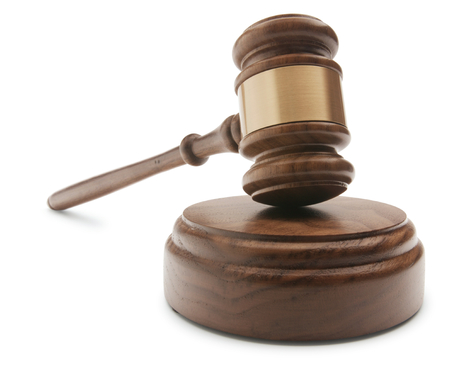Conroy abandons internet filter plans; Apple’s big week in court; TPG gets a 000 slap

Welcome again to The Week in IT, where we cast an eye over the more impactful stories of the previous seven days.
After five long years of trying to convince Australians that mandatory ISP-based internet filtering was a good idea, Stephen Conroy, Federal Minister for Communications, last week ditched the idea.
Under the original plan, ISPs would have had to block all content that had been “refused classification” (RC, meaning it was beyond what could be rated R in Australia).
The contents of the blacklist were to be hidden from public view, but the blacklist of RC websites was reportedly leaked by WikiLeaks in 2009 and contained innocuous sites that could hardly be construed as harmful, abusive or damaging, such as the websites of a dentist and a tuckshop.
The industry also pushed back against the plan, saying adhering to the plan was impossible in any real sense for ISPs and attempting to comply would place a great burden on these service providers.
Now, Conroy has fallen back to a less invasive strategy which involves ISPs blocking the “worst” child abuse websites, based on a list compiled by Interpol.
The move to drop the controversial filter has been applauded by industry groups and commentators alike.
Apple’s big week in court
Consumer tech giant Apple has spent the last seven days in and out of international courts, stacking up both wins and losses.
First up, the company has been ordered to pay US$368 million to VirnetX, a patent holding firm, for four patents loosely related to Apple’s Facetime product.
The four patents that VirnetX claims Apple infringed on don’t directly relate to Facetime features, but instead address technologies that the software relies on, including the establishing of VPNs and domain names.
Apple argued that it did not infringe on the patents, and that VirnetX did not establish any evidence of actual damages, given that Facetime does not have a service fee or generate revenue.
The court was unmoved and sided with VirnetX, awarding the latter the aforementioned payout. Apple has already filed motions calling the judgement into question.
Secondly, a US judge has thrown out the company’s lawsuit that claimed that Google-owned Motorola’s patent licensing practices were unreasonably high.
Motorola holds patents that several of Apple’s products, including the iPhone and iPod Touch, rely on. As such, Apple must pay licensing fees to Motorola.
Motorola has been seeking a fee equal to 2.25% of the price of those Apple devices - Apple was looking for a judge to verify that this was too high, but now the claims have been dismissed with prejudice.
Thirdly, smartphone manufacturer HTC has settled with Apple on the pair’s patent disputes. Apple previously alleged that several of HTC’s Android phones infringed on its patents.
Now, the two have settled and also signed a 10-year licence agreement that will extend to current and future patents held by the two companies.
And finally, Apple has claimed that Samsung’s Galaxy Note 10.1 device infringes on its patents. Apple is also looking to add the Android 4.1 OS to an existing suit that it is undertaking against Samsung.
While this may seem to some an egregious amount of patent litigation, it’s worth remembering that the global smartphone market is estimated to be worth many hundreds of billions of US dollars.
TPG gets a 000 slap
The Australian Communications and Media Authority (ACMA) has initiated legal action against an Australian ISP, TPG, for allegedly failing to provide telephone customers with access to the 000 emergency call service.
ACMA says that TPG failed to give some of its customers access to 000 over a period between March 2011 and September 2011 - something that carriers are legally obliged to provide in Australia.
IoT demands alternatives as 3G sunset looms
The impending 3G shutdown is a daunting prospect for organisations across ANZ that rely on...
Broadband measurement shows online gaming stacks up
The ACCC's latest Measuring Broadband Australia report has found that consumer connections to...
BlackBerry stopping one cyber attack per minute
A new report from BlackBerry's Threat Research and Intelligence team highlights the...




